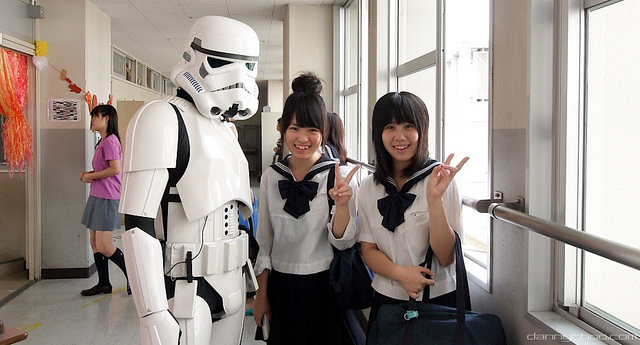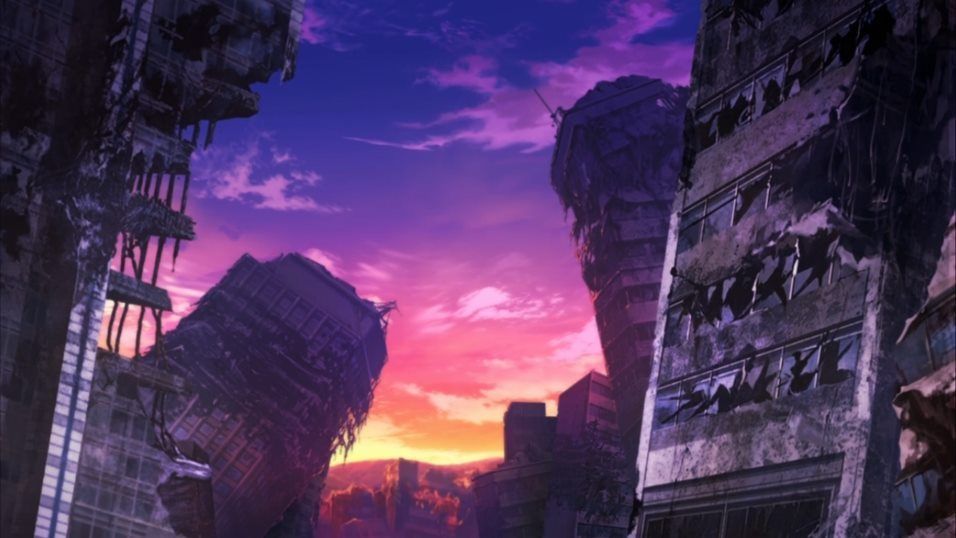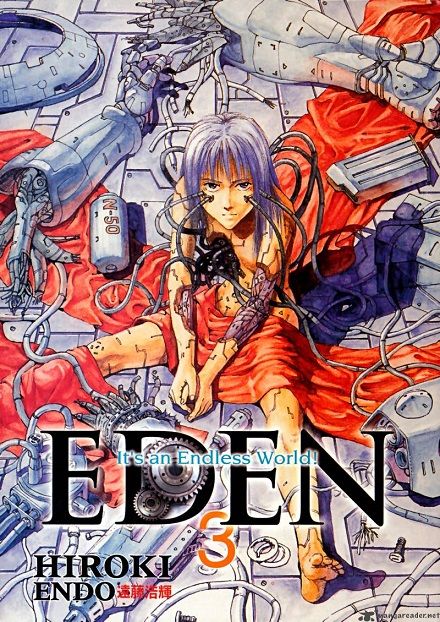
Photo by Danny Choo / CC BY-SA 2.0
I just started watching an anime series titled Beyond the Boundary. Yes, another one. This particular series is about a high school boy teaming up with his classmate to hunt down monsters. The animation is good, though the story’s a bit clichéd on the relationship front. In the end, I like it well enough as something to decompress with after a long day.
What strikes me, though, is the realization that there are a hell of a lot of anime series set in high school. Thinking about it some more, though, I have to admit that there are actually a lot of stories – anime and otherwise – set in high school.
The Japanese high school story is distinct from the American high school story, but both versions largely elide what takes up the majority of an actual high school student’s life: academics. We are shown scenes from before class, after class, whispered conversations during class, and interruptions during homework and study after school, but simply going from what is depicted we could not appreciate that these scenes are tiny particles of a student’s personal life snatched from the all-devouring temporal maw of the modern educational system. The state desires citizens and it will keep children in a totalizing and regulated environment until something more compliant comes out. Or until something not quite fitting into the system jumps out, but that’s mostly okay too, since modern society also needs poor people to exploit.
But we move away from the central topic. Like Don Quixote’s romantic tales of chivalry, which never mention knights-errant packing clean shirts or budgeting their travelling expenses, the high school story takes it for granted that the audience understands that the dull banalities of everyday life are being handled by the characters offscreen while the interesting stuff happens front and centre.
Inherently, then, the high school story is a fantasy story, for what is modern life but a collection of dull banalities, and what is fiction but an escape from those banalities? Here is what matters, says the high school story. Here, romance blossoms and ends, friends come and tearfully go, rivals clash and compete, adventure strikes, life is lived. Here is something better than reality – here is truth.
But this truth can only be found in fiction. Who has time to investigate a mystery or sabotage a date or spy on a committee meeting or do any one of the thousand clichés found in fiction? Who has time when ever more minutes of ever more days are increasingly scheduled and regulated and penciled in? And when one has free time, one must be preparing for the period when one does not. Get enough sleep, study, wash your school and work clothes, prepare your lunch for the next day, shop for groceries to make lunch with, and so on everyday over and over.
This explains the prevalence of the high school story. High school is essentially the last period in a middle class person’s life where they’re old enough to have grown-up wishes but young enough to have free time. Not as much as in previous generations, but certainly more then they would as young adults. And unlike undergrads, should things get too bad for a high school student then they still have the psychological safety blanket of running to mom and dad for help.
We fantasize about what we do not have, and what we fantasize about is doing anything else besides what we’re supposed to. Our secret yearnings are for some rose-coloured and nonexistent past when there were enough rules to protect us but not enough to constrict us.
Most of us don’t want to do what we’re currently doing. Why else does procrastination take place, and why else should so many Youtube videos be watched in the middle of the work day? People who lived outside of the strictures and constraints of the state did not all live happy and fulfilling lives, but they certainly spent a lot less time doing things they loathed. “If you can’t take the heat, get out of the kitchen” is a guiding principle for them, not an insult. If I’m hungry I eat, if I’m sleepy I go to bed, and if I’m unhappy doing something I find something else to do.
From the problem, we come to the solution. But what solution? What could a better world look like? I think it would involve less regulation, less constriction, less hierarchy. In other worlds, less of the state and more anarchism. But whatever this better world looks like, I think we can all agree that it won’t look like the one we have right now.
A closing thought to ponder on – if alien archaeologists were to find the remains of extinct humanity millions of years hence, they might erect this epitaph: “Here lies the human race. They spent most of their time grinning and bearing it.”



